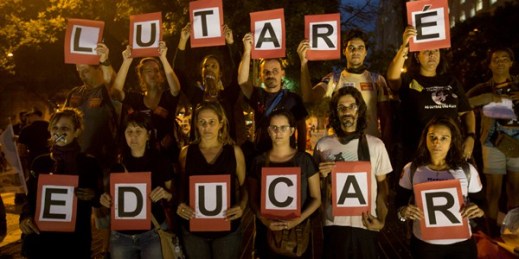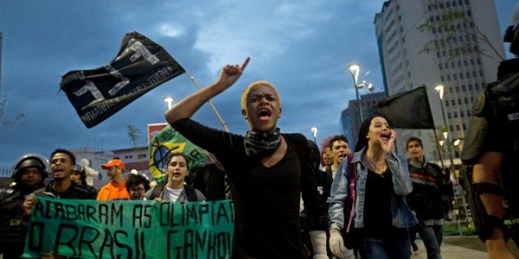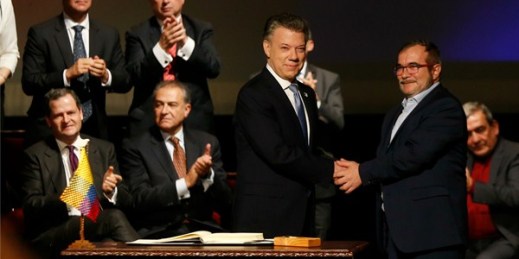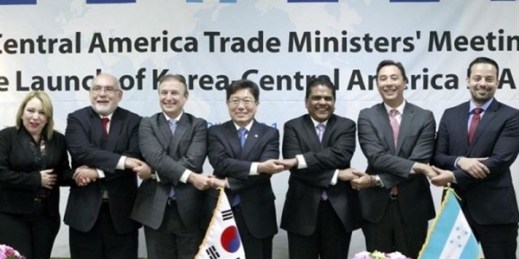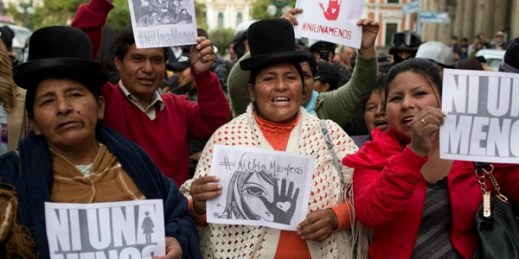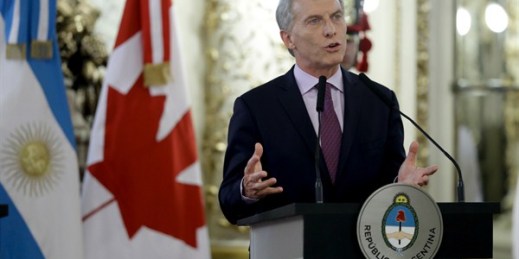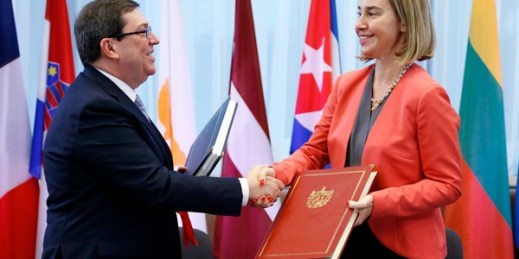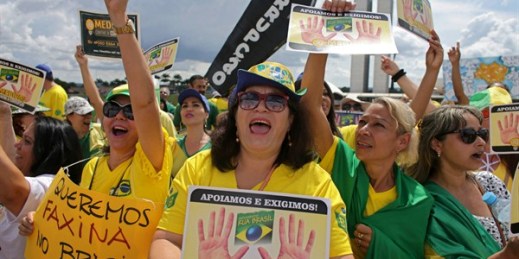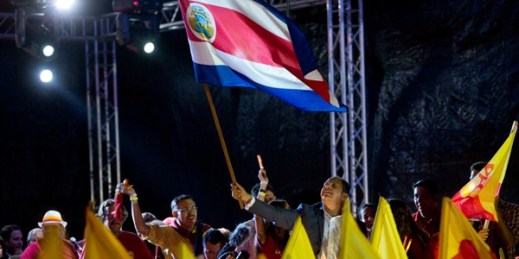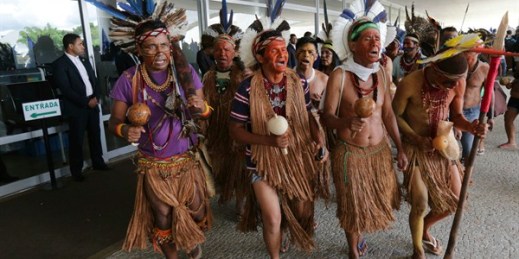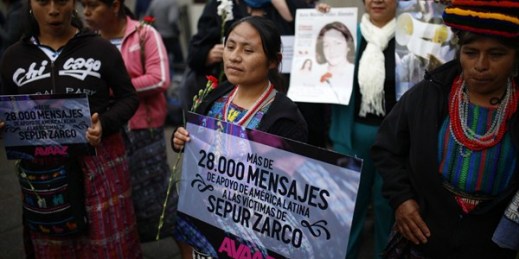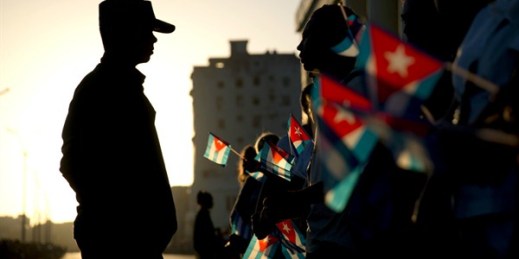
On Dec. 5, Mexico held its first-ever auction for deepwater oil blocks in the Gulf of Mexico. A total of eight out of 10 blocks were awarded to various consortiums of leading international oil companies, such as ExxonMobil, Chevron, BP, Total and Statoil. The Mexican government estimates that the offshore fields hold as much as 11 billion barrels of oil and natural gas. The tender brought some much-needed economic relief for Mexico. As 2016 comes to a close, the country faces the most severe crisis originating north of the border in the United States since the 2008 financial meltdown, in […]

